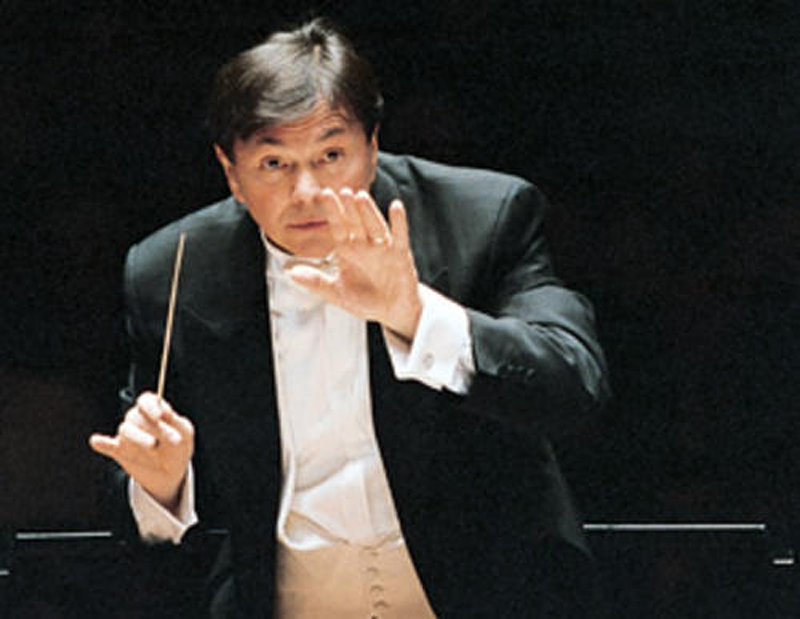Intending to make his first year with the Seattle Symphony as fresh a start as possible, music director Ludovic Morlot avoided programming any music too associated with his predecessor, Gerard Schwarz. In fact, the orchestra’s only performance of a Gustav Mahler symphony this season will be led by Schwarz, returning this weekend for three concerts. The symphony is Mahler’s First, finished in 1888 when he was 27, and it’s very much a young man’s piece—a gauntlet toss, intended to make a mark. No symphony opening was ever more atmospheric, just mist and birdsong for several minutes; no evocation of folksong, especially Jewish folksong, was ever more earthy and unprettified. (This was perhaps the symphony’s most controversial aspect: The unabashed klezmerisms of the third movement practically begged disapproving critics to let their anti-Semitism show.) The finale opens with a shriek that echoes the grinding blast Beethoven used to kick off his Ninth’s “Ode to Joy,” though Mahler intensifies it into something even more hysterical—and follows it with the swooniest love music and the stirringest fanfares yet written. Schwarz’s special way with Mahler is to bring out all these extremes and make his music as explosive, throbbing, and just plain nuts as it must have sounded to its first startled audiences. As it happens, the First is the one piece I’ve actually had the chance to play under Schwarz, in a pickup reading at the SSO’s “Day of Music” a few years ago, when I sat at the back of the cello section and tried to keep up. If far more unpolished, the performance was no less electric than what you’ll hear this weekend.
Ear Supply: Taken to Extremes
A young composer's gauntlet toss.







